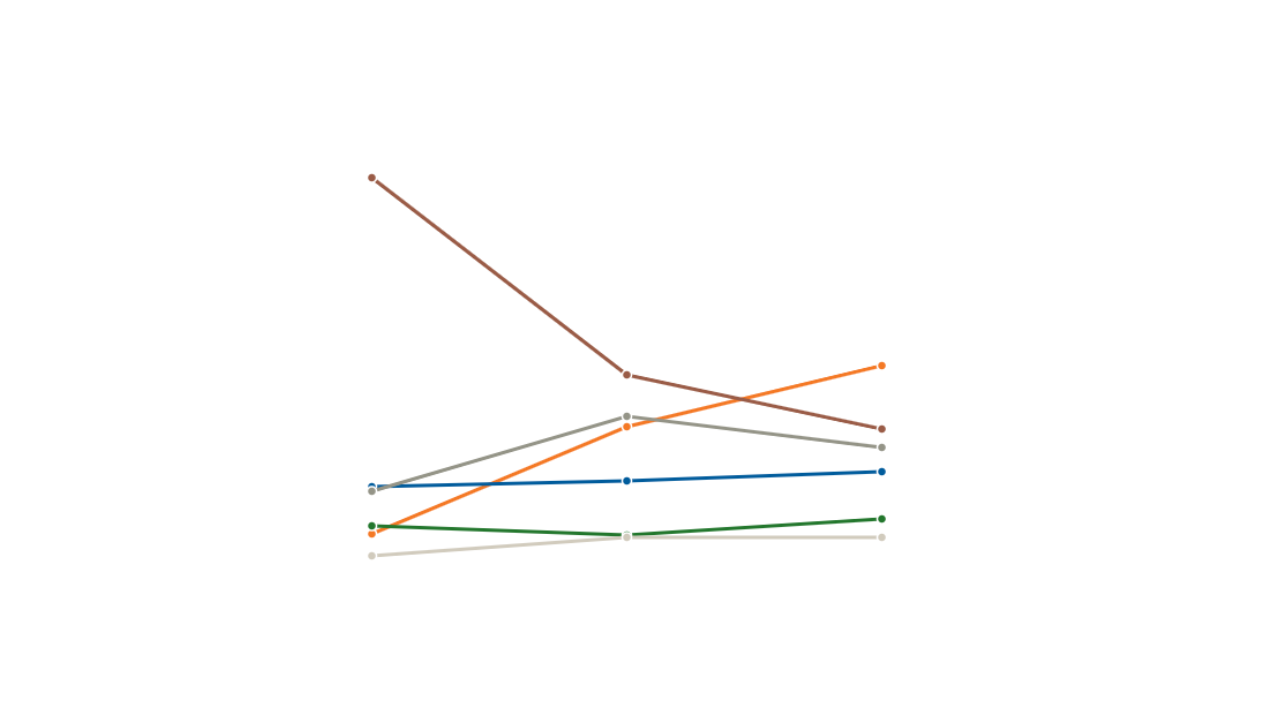In a Season of Discontent, Are Latin American Democracies at Risk?
In a Season of Discontent, Are Latin American Democracies at Risk?
As Western investors grow tepid due to Latin American unrest, the region’s leaders might turn to China in “a somewhat Faustian bargain,” writes AS/COA’s Eric Farnsworth in World Politics Review.
A season of discontent has descended across Latin America, where economies have stalled, politics have become more polarized and poisonous, and millions of newly middle-class citizens have begun to wonder whether they will be able to hold on to their hard-won gains. Sparked by a stolen election here, an increase in the price of gasoline or subway fares there, people from Ecuador to Chile to Bolivia and now Colombia have spilled into the streets angry with their leaders. Where mass protests haven’t erupted—in Argentina, Brazil and Mexico—voters have instead registered their mounting frustrations against incumbents at the ballot box...
It may not look like Latin America’s democratic gains are at risk. Elections, after all, are regularly held, and peaceful transitions of power routinely take place. Argentina, Brazil, Chile, Colombia, Costa Rica, Ecuador, El Salvador, Guatemala, Mexico, Panama, Paraguay and Uruguay have all held free and fair presidential elections in the past two years. But the rule of law is suspect in far too many nations across the region, among other warning signs. Many of the young people currently in the streets have no memory of what it was like before the wave of democratization—the dark days of military regimes and dictatorships—and so may have an only limited appreciation for what is at stake if the current political situation really unravels.
Which is where things could turn south, so to speak. The fundamental desire for a better life is neither left nor right, pro- or anti-democracy. If Latin American leaders cannot ultimately deliver broad-based results, their people will demand change. Frustration over unmet expectations is a powerful motivator, providing plenty of kindling that only requires a spark to set off. In the face of so many legitimate public grievances, the question is whether governments are able to respond effectively to them through the democratic process, and whether their people are willing to accept those efforts while rejecting violence and the tactics of provocateurs pursuing their own aggressive agendas...








